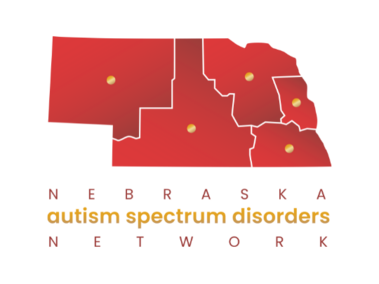Guiding Principles for the Development of Educational Services for Children with ASDs:
- Collaboration between families and educational systems for the benefit of each child
- Individualization of services and supports for each child
- Implementation of services and supports according to evidence-based practices in the field of ASD
- Access to high-quality instruction for each child while considering their age, interests, strengths, needs, and culture
The ASD Network supports school districts in the following family involvement practices:
- Families should be provided with comprehensive information and support related to family-identified needs, educational options, legal rights, and community services, as soon as a child with autism is identified.
- Families serve a key role and can be involved from the very beginning and throughout the provision of services.
- Referrals will be made jointly by school districts and families/caregivers.
The success of any child’s participation in their community is dependent on collaboration among family, the school, and the community.

ASD Network Professional Learning Opportunities
The ASD Network provides a range of opportunities for school teams and others to learn and implement evidence-based practices, with follow-up support. These learning opportunities encompass core, classroom-wide, targeted, and intensified high-quality instruction, with a focus on social-emotional behavioral learning (SEBL) for students with autism and other disabilities.
ASD Network Consultation Services
To empower schools to support and prepare all Nebraska students for success the ASD Network provides consultation to school districts. Through a student-specific, regional referral process, support can be provided to school teams working with students from birth through 21 to meet the unique needs of each student and team.
Behavior Resources and Supports
The ASD Network offers consultation support for mild and severe problem behaviors. Through a training and consultation model, we provide implementation support to increase the capacity of school teams to teach critical skills to students. Teaching skills like communication, persistence, resilience, and adaptability increase students' access to more inclusive settings in school, home, and the community. These trauma-informed practices are also designed to support adults with a multi-tiered approach to behavior, leading to improved relationships, safety, school climate, and learning outcomes.
Regional ASD Network Coordinators
- Provide regional training and/or staff development for educators, community professionals, and family members
- Provide consultative services to school districts, through the referral system, to support the implementation of diverse, empirically-supported programming to students on the autism spectrum, or those with related characteristics
- Recommend supports and best practices in interventions for students with ASD that aligns with the work of NeMTSS.
- Maintain up-to-date resource lending libraries, regional websites, and information on ASD
- Provide technical assistance/coaching to school teams on a wide variety of interventions so that all programming can be implemented with a high degree of fidelity
- Meet and collaborate with educational personnel, community providers, and family members
- Assist school teams with data collection and analysis
- Collaborate with other Regional ASD Network Coordinators, Regional ASD Network Behavior Specialists, the State ASD Network Coordinator, the State ASD Network Behavior Specialist, and ASD Network stakeholders on referrals, training needs, and ASD Network activities
Regional ASD Network Behavior Specialists
- Provide consultative services to school districts through the referral system, to support the implementation of diverse, empirically-supported programming to students on the autism spectrum, or those with related characteristics, who have severe behavior needs
- Support teams with NeMTSS Tier 3 interventions such as conducting functional behavior assessments (FBAs) and developing and implementing behavior intervention plans (BIPs)
- Coach teams on utilizing specific teaching procedures and effective programming
- Recommend supports and best practices in interventions for students with ASD
- Provide training/coaching to school teams on a wide variety of interventions so that all programming can be implemented with a high degree of fidelity
- Meet and collaborate with educational personnel, community providers, and family members
- Assist school teams with data collection and analysis